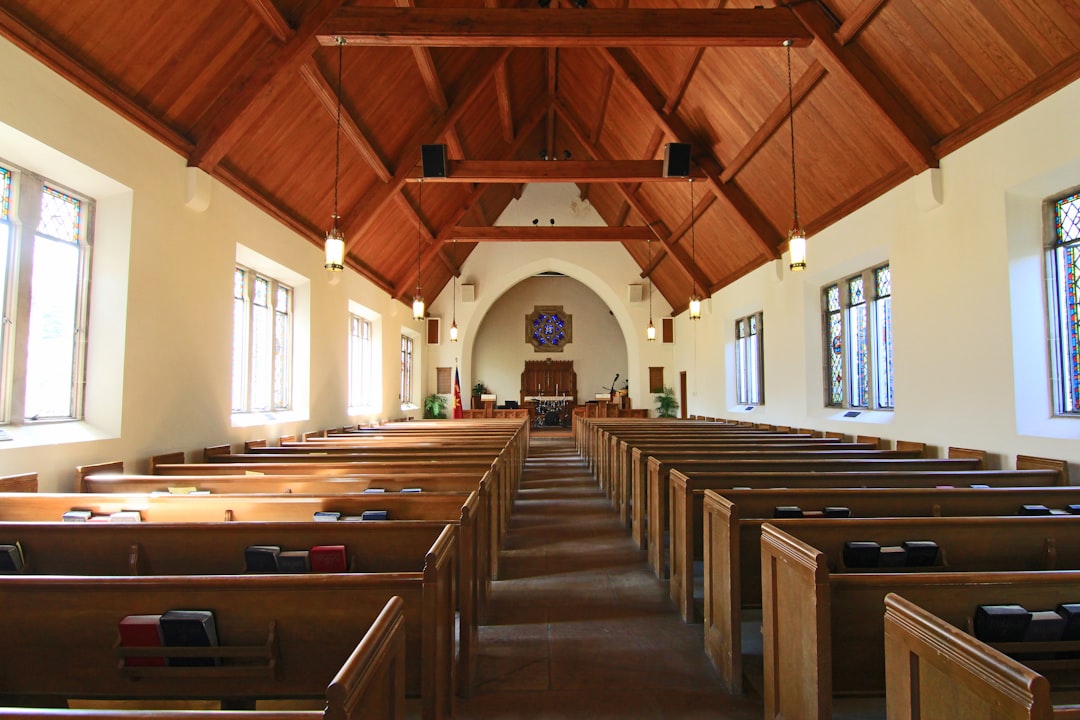In Missouri, clergy abuse, a hidden crisis, involves emotional or physical mistreatment by religious figures. Victims can find support through dedicated clergy abuse attorneys, who help navigate legal protections and address lasting mental health issues. These attorneys provide tailored guidance, swiftly assess cases, gather evidence, and advocate for compensation to ensure accountability. Additionally, Missouri residents should connect with trusted networks, support groups, hotlines, and online platforms for crisis support, therapy recommendations, and educational resources during their recovery journey.
In Missouri, clergy abuse psychological trauma claims are not uncommon, leaving victims struggling with lasting emotional scars. Understanding the unique dynamics of such abuse is crucial in supporting survivors and holding perpetrators accountable. This article explores three key aspects: the impact of clergy abuse, navigating legal options with a dedicated clergy abuse attorney Missouri, and resources available for those seeking recovery from psychological trauma.
Understanding Clergy Abuse and Its Impact on Victims in Missouri

Clergy abuse, a sensitive and often overlooked issue, refers to any form of emotional, psychological, or physical mistreatment by religious figures within their positions of authority. This can include sexual harassment or assault, emotional manipulation, and other abusive behaviors that leave lasting scars on victims. In Missouri, where the legal system is designed to protect citizens, individuals who have suffered at the hands of clergy members can seek justice through dedicated clergy abuse attorneys.
The impact of such trauma is profound and long-lasting. Victims may experience anxiety, depression, post-traumatic stress disorder (PTSD), and other mental health issues. It’s crucial for Missouri residents to understand that these experiences are not their fault and that there are legal avenues to hold accountable those who have caused them harm. A clergy abuse attorney in Missouri can guide survivors through the complex process of filing a claim, ensuring they receive the support and compensation they deserve.
Navigating Legal Options: What to Expect from a Clergy Abuse Attorney in Missouri

When facing clergy abuse and psychological trauma, navigating legal options can be overwhelming. This is where a specialized clergy abuse attorney in Missouri plays a crucial role. Such an attorney understands the unique complexities involved in these cases, including the sensitive nature of religious institutions and the potential for emotional sensitivity among victims. They are equipped to provide tailored guidance, ensuring clients understand their rights and options under the law.
A competent clergy abuse attorney in Missouri will promptly assess your case, gathering relevant evidence and documents to build a strong legal strategy. They will communicate openly throughout the process, explaining each step clearly. Expect them to advocate aggressively on your behalf, aiming to secure just compensation for the harm you’ve suffered. Their ultimate goal is to help you achieve closure and healing while ensuring accountability for the perpetrators.
Supporting Recovery: Resources and Steps for Those Experiencing Psychological Trauma from Clergy Abuse

For those who have experienced psychological trauma due to clergy abuse in Missouri, seeking support and resources is a vital step towards recovery. The first course of action is to reach out to trusted friends, family, or support groups. Many organizations offer confidential counseling services tailored for victims of such abuses, providing safe spaces to share experiences and begin the healing process. Connecting with a skilled clergy abuse attorney in Missouri can also be beneficial, as they can guide individuals through legal options while ensuring their rights are protected.
Additionally, there are national hotlines and online resources available that offer guidance on managing trauma symptoms. These include therapy recommendations, crisis support, and educational materials to help understand the impact of clergy abuse. It is essential for survivors to take this journey at their own pace; recovery is a process, and seeking professional help is a crucial step in rebuilding and reclaiming one’s life.





